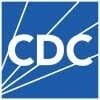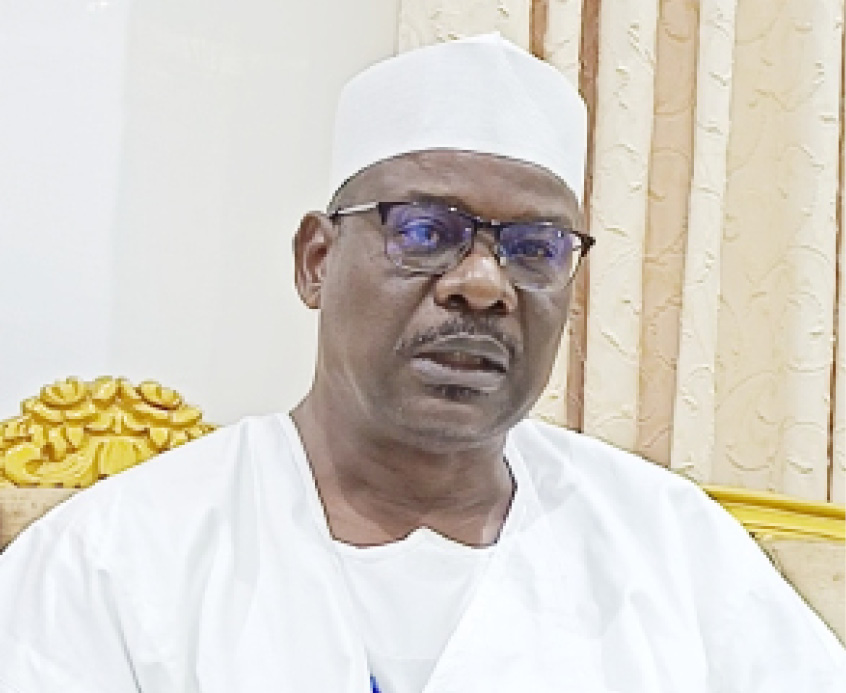US CDC Sounds Alarm: Nigeria's Fever Misdiagnosis Crisis Exposed

The United States Centre for Disease Control and Prevention (US CDC) has expressed significant concerns regarding Nigeria's limited laboratory diagnostic capacity for Acute Febrile Illnesses (AFIs). This deficiency, according to the US CDC, is directly contributing to the misdiagnosis and underdiagnosis of AFIs, subsequently leading to inappropriate patient treatment and poor health outcomes. This critical warning was delivered during a media roundtable held in Abuja, where the US CDC, in close collaboration with the Nigeria Centre for Disease Control and Prevention (NCDC) and other key partners, underscored their concerted efforts to fortify AFI surveillance systems across the nation.
Acute Febrile Illness is broadly defined as any condition characterized by the rapid onset of fever, which may or may not be accompanied by other symptoms. Oladipupo Ipadeola, Senior Public Health Specialist for Epidemiology and Surveillance at the US CDC Nigeria, elaborated that AFIs can stem from various pathogens, including bacteria, viruses, protozoa, or fungi. While most prevalent among children and young adults, AFIs have the potential to affect individuals across all age demographics. Ipadeola further explained that AFI surveillance involves the systematic monitoring and thorough investigation of acute fever cases that manifest suddenly and typically have a short duration.
He emphasized the severity of the situation in Nigeria, stating, “In Nigeria, limited laboratory diagnostic capacity for AFI is leading to misdiagnosis or underdiagnosis of diseases, and inappropriate treatment and management of patients.” Ipadeola highlighted several critical gaps in AFI surveillance that demand immediate attention, such as the absence of clear policy frameworks, restricted geographical distribution of testing facilities, and overall inadequate diagnostic capabilities. He asserted that addressing these pervasive surveillance gaps is absolutely essential. Furthermore, the overlapping symptomatic presentation of AFIs makes accurate diagnosis inherently challenging without sufficient and precise testing. Strengthening these surveillance mechanisms, he noted, is paramount for the early detection of potential outbreaks, gaining a deeper understanding of disease epidemiology, and facilitating the timely implementation of effective control measures.
Ipadeola commended the Federal Government of Nigeria for the proactive steps it has already initiated, which include developing surveillance and monitoring systems, implementing malaria control programmes, executing widespread vaccination campaigns, and fostering strategic partnerships aimed at enhancing AFI-related activities. He revealed that the US CDC, in partnership with the NCDC, has successfully established sentinel surveillance sites across all six geopolitical zones of Nigeria. These sites have collectively processed and tested over 11,000 samples for a range of priority diseases, including malaria, dengue, yellow fever, Lassa fever, and COVID-19. Additionally, the agency has provided substantial support for diagnostic improvements, which encompasses upgrading laboratory equipment, introducing advanced multiplex PCR testing technologies, and providing comprehensive training for personnel in selected healthcare facilities. Since August 2024, the coordination and management of this crucial programme have been officially transitioned to the NCDC, with the US CDC maintaining its commitment to provide ongoing technical support, rapid diagnostic kits, and essential reagents.
Farah Husain, Programme Director at the Division of Global Health Protection, US CDC Nigeria, reiterated the critical urgency of enhancing AFI surveillance during her opening remarks. She stated, “Today’s engagement is a broader effort by the U.S. CDC in collaboration with the NCDC to establish a sustainable AFI surveillance system in Nigeria. The overall intent of this system is to help improve early detection, enhance laboratory capacity, strengthen data, and ultimately help us respond better and faster to outbreaks.” Corroborating this sentiment, Fatima Saleh, the NCDC’s Director of Surveillance, stressed the imperative for intensified advocacy and robust collaboration across all tiers of government to ensure that interventions are consistently evidence-based. “We must strengthen surveillance systems, improve response capacity, and scale up outreach efforts,” she asserted, emphasizing that this requires sustained support, broader stakeholder inclusion, and unwavering political will to safeguard the health and well-being of Nigerian citizens. Experts present at the event collectively concurred that resolutely addressing the existing deficiencies in diagnostic capacity, policy frameworks, and testing infrastructure is fundamental to significantly improving Nigeria’s response to AFIs and, by extension, bolstering the nation’s overall disease surveillance and health security landscape.
You may also like...
Champions League Madness: Europe's Elite Deliver Drama, Goals, and Controversy

The Champions League returned with intense clashes as Liverpool secured a dramatic 3-2 victory over Atletico Madrid, hig...
Boxing World Grieves: Stars Pay Emotional Tributes to Legend Ricky Hatton

The boxing world mourns the loss of 'The Hitman' Ricky Hatton, who passed away at 46. Tributes have poured in from sport...
Critics Hail 'One Battle After Another' as a Paul Thomas Anderson Masterpiece!

Paul Thomas Anderson's latest film, <i>One Battle After Another</i>, is hailed as an instant masterpiece, blending actio...
South Park Stunner: Creators Announce Last-Minute Episode Delay!

The latest episode of South Park Season 27 has been delayed, with creators Trey Parker and Matt Stone citing production ...
Sabrina Carpenter's Star Power Ignites Civic Action, Driving 30,000 Engagements in Just Half a Day!

Pop star Sabrina Carpenter is partnering with HeadCount to drive voter engagement during her Short n’ Sweet Tour, offeri...
Horror in Music World: Missing Teen Found Dead in D4vd's Car

The body discovered in a Tesla registered to musician D4vd has been identified as 15-year-old Celeste Rivas, who was rep...
Ed Sheeran's Candid Revelation: The Price of Fame and the Pursuit of True Happiness

Ed Sheeran opens up about his newfound happiness, attributing it to a balanced life focused on family and his music care...
Pop Icon Robbie Williams Delays New LP Fearing Threat to Historic Record Bid

The music industry is alive with new developments as Robbie Williams delays his album to avoid clashing with Taylor Swif...




